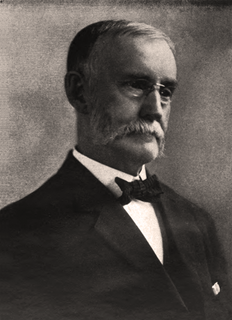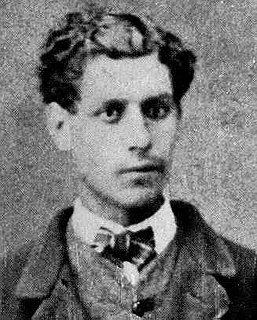A Quote by John Calvin
Christians rejoice even while they truly sorrow - because their rejoicing is in the hope of heaven... While joy overcomes sorrow, it does not put an end to it.
Related Quotes
The difference between shallow happiness and a deep, sustaining joy is sorrow. Happiness lives where sorrow is not. When sorrow arrives, happiness dies. It can't stand pain. Joy, on the other hand, rises from sorrow and therefore can withstand all grief. Joy, by the grace of God, is the transfiguration of suffering into endurance, and of endurance into character, and of character into hope--and the hope that has become our joy does not (as happiness must for those who depend up on it) disappoint us.
It is supposed by some that religion makes people solemn, takes the sunshine out of their life, the joy out of their heart, the song out of their mouth. But the reverse of this is the truth. No other one in the world has such secrets of joy as has the Christian. Christ teaches his followers to rejoice. He bids them rejoice even in sorrow and trial.
Behind joy and laughter there may be a temperament, coarse, hard and callous. But behind sorrow there is always sorrow. Pain, unlike pleasure, wears no mask. ... For this reason there is no truth comparable to sorrow. There are times when sorrow seems to me to be the only truth. Other things may be illusions of the eye or the appetite, made to blind the one and cloy the other, but out of sorrow have the worlds been built, and at the birth of a child or a star there is pain.
The Resurrection was the greatest ‘eucatastrophe’ possible in the greatest Fairy Story — and produces that essential emotion: Christian joy which produces tears because it is qualitatively so like sorrow, because it comes from those places where Joy and Sorrow are at one, reconciled, as selfishness and altruism are lost in Love.





































